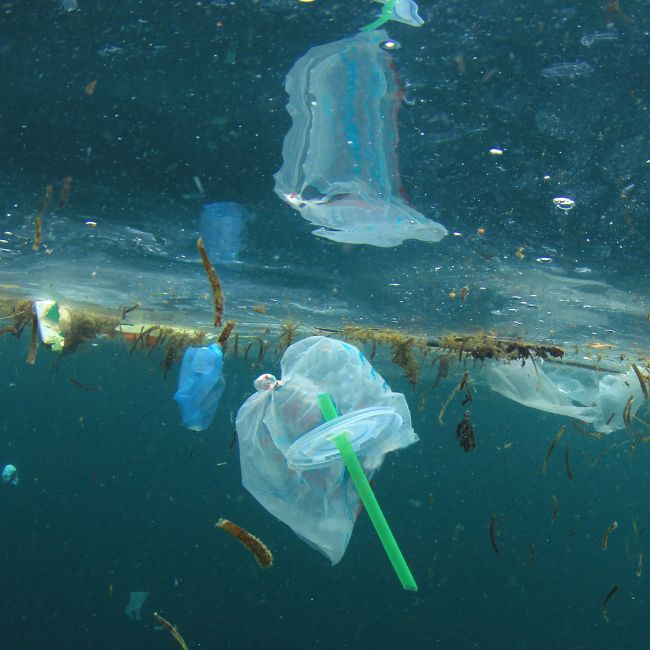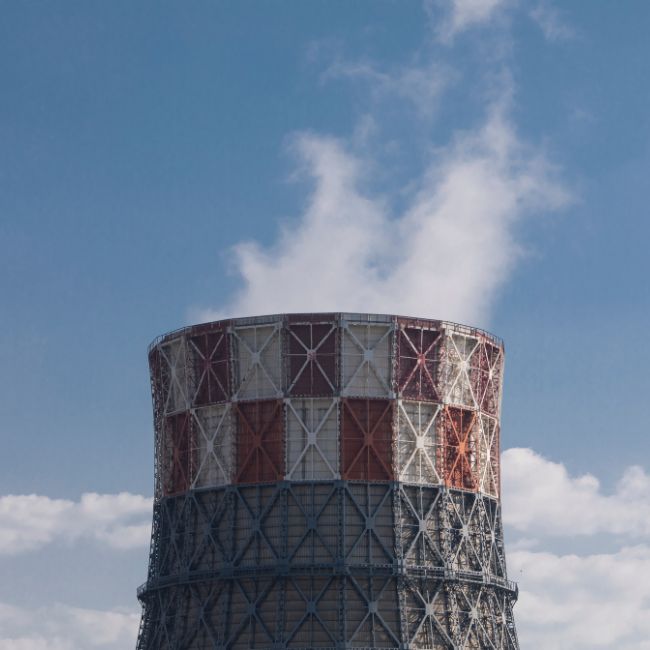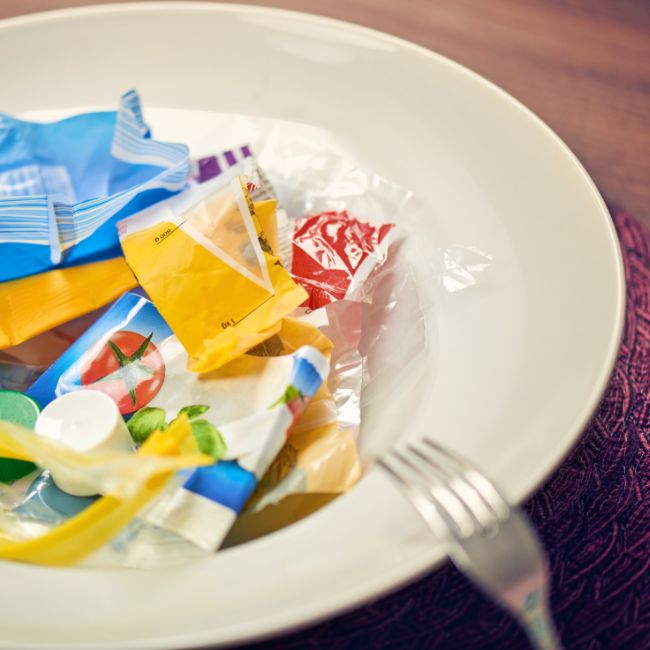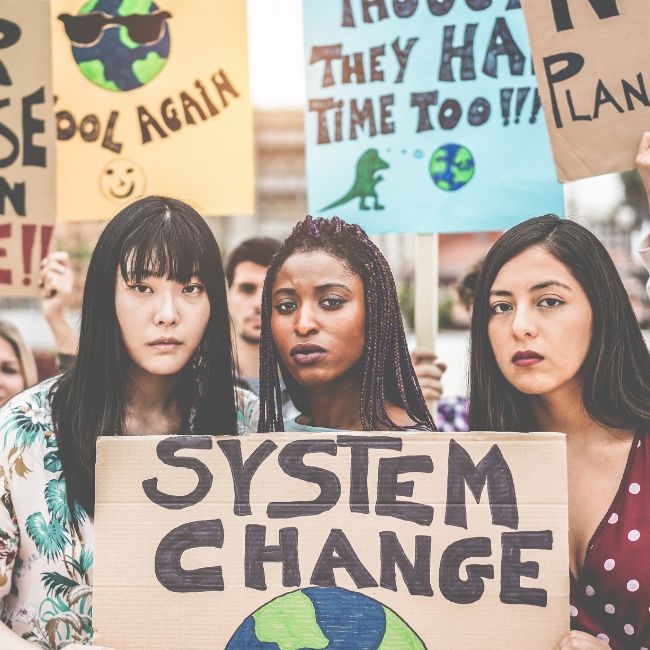Why we need a Refill Revolution
The Plastic Problem
The overproduction and consumption of single-use plastic is creating an environmental and humanitarian crisis. Globally, we use millions of tonnes every year and it’s becoming clear that we can’t recycle our way out of our plastic problem. Plastic is not only polluting our planet, and contributing to the climate crisis, but it’s making its way into our bodies through the air we breathe and the food we eat. Plastic is now found everywhere – in the deepest parts of the ocean, to the highest mountain peaks and even in human blood and organs.
Unfortunately, the problem is set to get worse before it gets better. Global plastic production is expected to double again over the next 20 years and almost quadruple by 2050. As giant energy corporations are reducing the amount of oil they burn, they are increasing the amount of oil they turn into plastic to keep their revenues flowing.
The problem with recycling
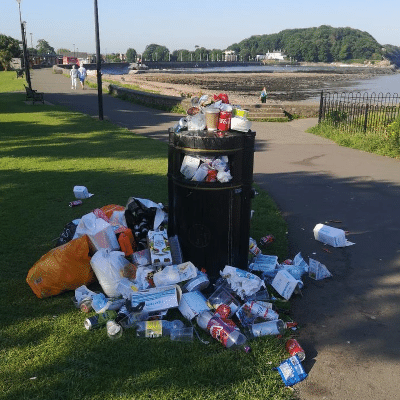
We know recycling is not the solution to plastic pollution. Recycling itself is an industrial process which means materials need to be collected, moved around, melted and reformed. Every stage of recycling requires energy, which typically comes from the burning of fossil fuels and so the whole process contributes to the climate crisis.
Not only is the process of recycling problematic, there’s no escaping the fact that most plastic simply isn’t recycled. In fact, less than 10% of the plastic we’ve produced has ever been recycled! And 80% has been sent to landfill or ended up in our natural environment. The British Plastics Federation (BPF) estimates that 46% of the UK’s plastic waste is incinerated, 19% is exported and 17% goes to landfill.
Whichever way you look at it, we can’t recycle our way out of this plastics crisis.
We urgently need to shift from our disposable, single-use culture to a more sustainable, circular future, with reuse & refill at the centre. The good news is, we already have the tools we need to change the world. A reusable future IS possible.
What is Reuse
Refill and reuse. We like these two words! Basically, they mean using the same container multiple times – the old school way – rather than the modern phenomenon of using a container once and then throwing it away. Reusing and refilling means that packaging remains in the system and can be used again and again.
Choosing reuse over single use means no plastic is discarded and a new container does not have to be manufactured and shipped for the next serving of food or drink. Meaning the whole process is way more efficient from in terms of energy, materials and waste generation.

Why Refill?
More and more of us are becoming aware that our living world is breaking down under the unrelenting pressure put on it by humanity. Plastic pollution has become a very visible indicator of the harm we are doing to our precious planet. Most of us have seen the shocking footage of plastic pollution in our oceans, beaches, rivers and natural environment. And many people come to Refill because they are deeply disturbed by what they have seen and are inspired and motivated to take action.
As individuals, our small changes really do add up. But we can’t do it alone. To truly “turn off the tap” on plastic pollution, corporations must stop producing so much plastic and keep fossil fuels in the ground. We need big brands, businesses & retailers to take action to prevent plastic pollution by reducing their use of single-use packaging and investing in reuse and refill systems. And we need governments around the world to hold them to account.
As a global movement, we have the power to create a wave of change and show the rest of the world that the solutions to plastic pollution and the climate crisis are there – and together we can keep our environment, oceans, and communities plastic-free for the future.
For our Oceans
The numbers are mind-numbing. Globally, between 8 – 12 m tonnes of plastics enter the ocean every year.100,000 marine mammals and turtles and 1 million sea birds are killed by plastic pollution annually and studies have shown that up to 90% of seabirds have plastic in their stomachs. The solution must be to stop the flow – not just clear up the mess after it is created.
For the Planet
Most plastic is made of oil. Making plastic requires energy. Therefore, the plastic industry is a major contributor to the climate crisis. If the entire lifecycle of plastic were a country, it would be the fifth-largest emitter of greenhouse gases in the world. Read that again.
Refill offers an opportunity to step away from reliance on the fossil fuel economy. The giant corporations that supply the world with fossil fuels for energy also supply the raw materials for plastic. If the world is going to stand any chance of limiting global temperature rises to within the bounds that scientists deem to be safe, these companies must have their activities limited.
For our Health
Plastic pollution is also a human health issue. Microplastic pollution has been detected in human blood for the first time, with scientists finding the tiny particles in almost 80% of the people tested.
These small plastic particles could harm our bodies. Plastic products contain chemical additives and there are concerns that these could cause serious health problems.
For communities around the world
Plastic pollution is also a global justice issue. Since 1988, more than a quarter of a billion tonnes of plastic waste has been exported around the globe. It is typically shipped from developed countries to less developed countries where it may be sorted, recycled or incinerated. And in most cases, this leads to major environmental and human health problems in those countries.
Plastic production and disposal, especially via incineration or landfill, disproportionately impacts communities of colour, low-income communities and indigenous communities by polluting the air, water, and soil that we need to survive. Dumped and burned rubbish, especially plastic waste, is responsible for the death of one person every 30 seconds in developing countries. Another shocking and shameful truth of the plastic crisis.
The documentary The Story of Plastic brings to life the ugly reality behind plastic pollution and the devastating harm it causes at every stage, from production to disposal. It isn’t just an environmental issue. It’s a global justice issue. One we cannot ignore any longer. Plastic waste is funnelled by the unfair global economy to poorer countries where it takes a terrible toll on environmental and human health.
Join the Refill Revolution
While the ugly truth about our plastic consumption and the destruction to people and planet it causes can lead us to feel hopeless, we believe there is another way and that we have the tools to find a way to live and enjoy life on Earth without destroying it. And part of this means learning to use materials mindfully – in a circular way – not pumping them into the environment as waste. More specifically, this means figuring out how to bring consumers products without disposable packaging. Whilst this is a technical challenge, it’s nothing that hasn’t been done before. The original Coca Cola bottles were all collected and reused.
Anyone can joining the Refill Revolution. Now is the time for all of us to step together away from disposable plastic and away from the fossil fuels they are made from. Small changes, big impact. Together we are powerful. It isn’t too late but the time for action is… NOW!

